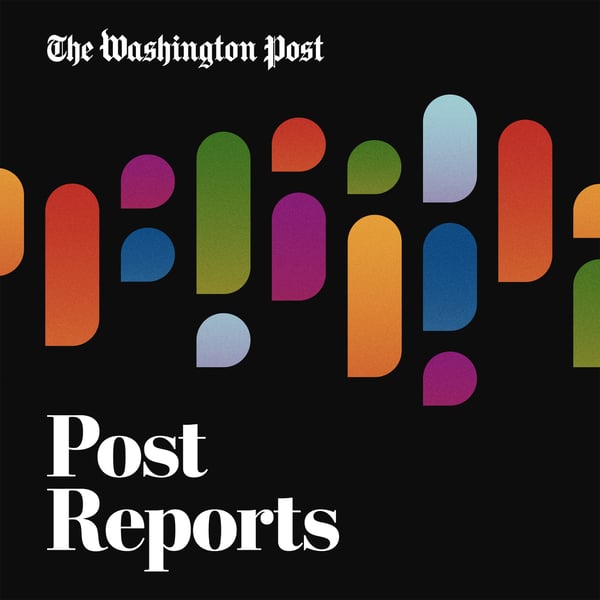Deep Reads: A Columbia professor criticized Israeli students. It put her job at risk.
Post Reports
The Washington Post
4.4 • 5.1K Ratings
🗓️ 1 February 2025
⏱️ 31 minutes
🧾️ Download transcript
Summary
Franke spoke out during the spring student protests on the Columbia University campus. She had watched as mostly Republican lawmakers grilled the presidents of MIT, the University of Pennsylvania and Harvard on live television. Soon after, the latter two women resigned — followed months later by Columbia’s Minouche Shafik. Franke read about professors at colleges in other states, from Arizona to California to Pennsylvania, who said they were fired or punished for speaking out about the Gaza war.
Months later, she didn’t know whether she’d be next. Nor had she decided how to respond to Columbia’s verdict of its probe into her actions, whenever it came: She could accept what the university determined. She could draw on her legal expertise to fight any punishment in court. Or she could give up and retire early, because sometimes she was no longer sure she wanted to stay.
Could she still teach at Columbia, if she could no longer recognize it? This is the story of what unfolded in Franke’s life after the student protests. The piece was reported, written and read by Hannah Natanson. Audio production and original music by Bishop Sand.
Transcript
Click on a timestamp to play from that location
| 0:00.0 | Hi, I'm Hannah Natinson, a national education reporter for The Washington Post. |
| 0:05.5 | This story follows a Columbia professor who criticized Israeli students, drawing colleagues' complaints |
| 0:11.2 | and a university investigation. The probe put her job at risk. But it's also a story about |
| 0:17.2 | the turmoil that ripped through college campuses last spring. The Gaza conflict |
| 0:21.4 | inspired strong feelings from a lot of people. Students and professors spoke out, and school |
| 0:27.1 | leaders struggled to handle it. Lawmakers stepped in, trying to shape how schools responded. |
| 0:33.0 | There was a lot of tension and pressure and fear. I wanted to tell this story because I wanted to show readers what this looked like for one professor caught in the middle of the maelstrom. |
| 0:43.3 | I reported this story in New York City. |
| 0:46.0 | Okay, here we go. |
| 0:49.9 | This is the main administrative building to the president's offices. |
| 0:54.2 | Catherine Frankie was one crosswalk away from Columbia Law School when she spotted the professor |
| 0:59.1 | who reported her. It had been seven months since he and another professor accused Frankie of harassing |
| 1:06.4 | Israelis on campus, citing her public allegation that Israeli students bullied Palestinian classmates. |
| 1:13.6 | More than half a year since the university opened a probe that could get her fired. |
| 1:19.6 | Twenty weeks since then Colombia President Manu Sheffik disclosed to Congress in the American public |
| 1:25.6 | that Frankie was under investigation. |
| 1:28.3 | I'm not under investigation for discriminatory remarks. |
| 1:34.3 | And just four minutes since the 65-year-old tenured professor, winner of a Guggenheim Fellowship, |
| 1:41.3 | exited the 116th Street subway station in the early September sunshine, headed to her office. |
| 1:47.0 | As she strode by the university gates, she skirted students shouting, Free Free Palestine, |
| 1:54.0 | urging peers and professors to skip school on the first day of class to protest what they called Colombia's complicity in the Gaza war. |
| 2:05.5 | Now, Frankie froze on the sidewalk. She stared at her colleague, Zohar Goshen, co-director of the |
... |
Transcript will be available on the free plan in -58 days. Upgrade to see the full transcript now.
Disclaimer: The podcast and artwork embedded on this page are from The Washington Post, and are the property of its owner and not affiliated with or endorsed by Tapesearch.
Generated transcripts are the property of The Washington Post and are distributed freely under the Fair Use doctrine. Transcripts generated by Tapesearch are not guaranteed to be accurate.
Copyright © Tapesearch 2025.

